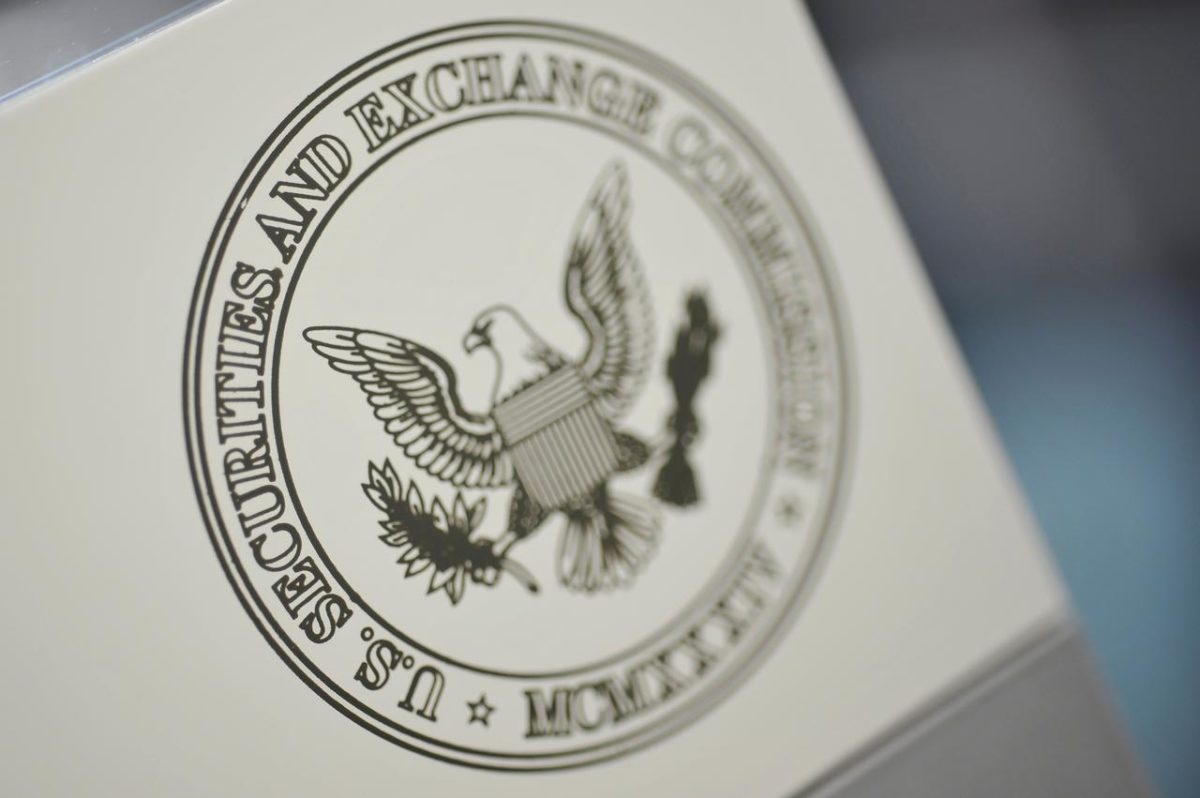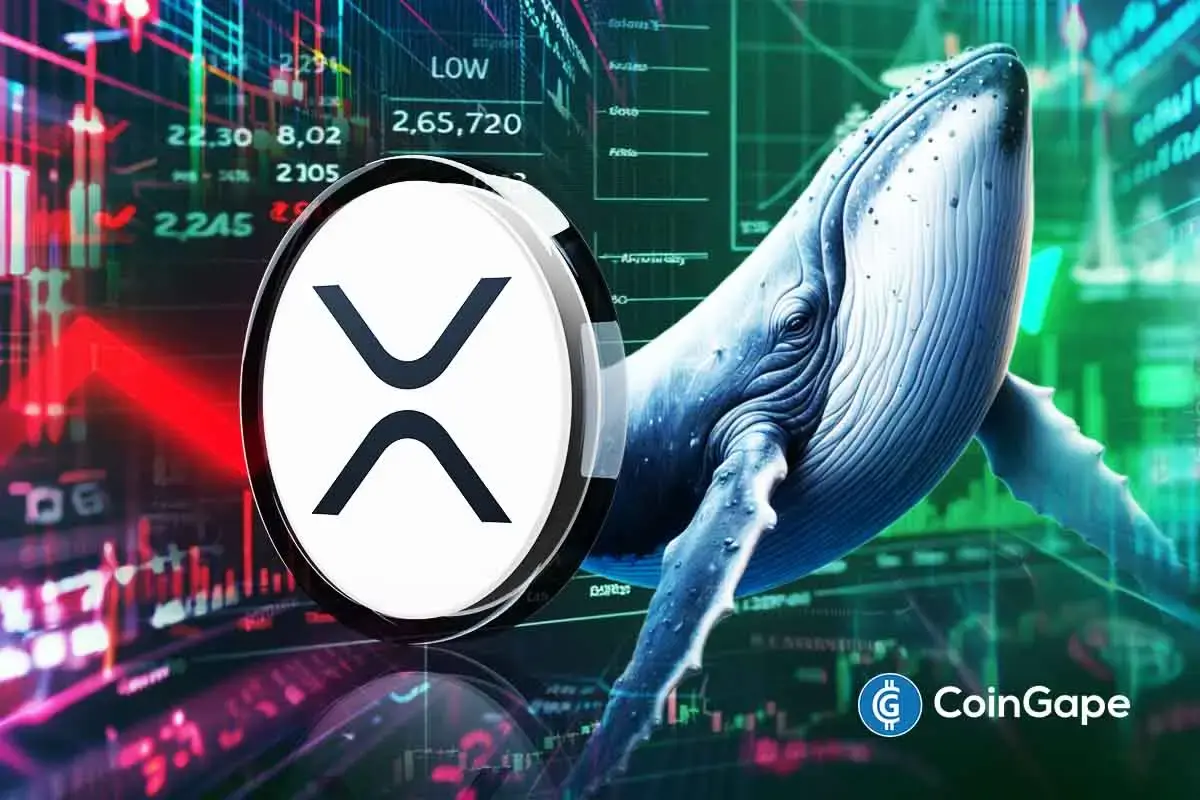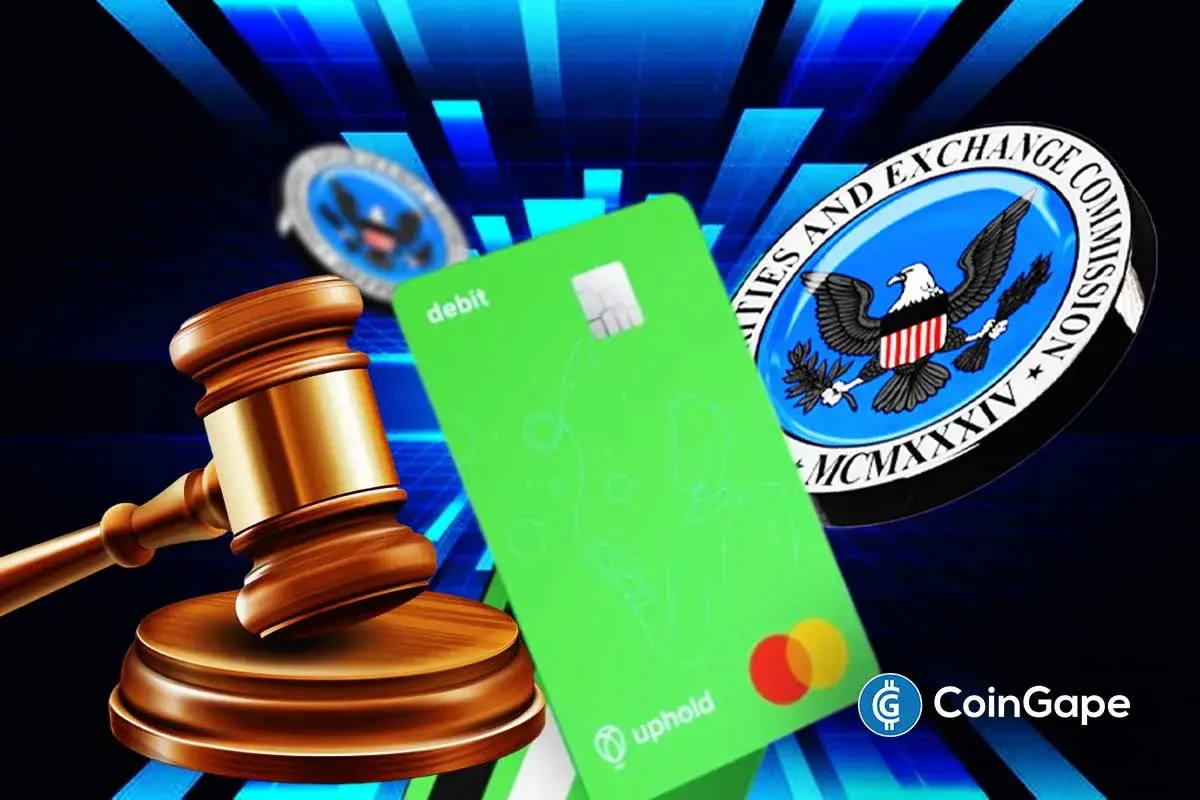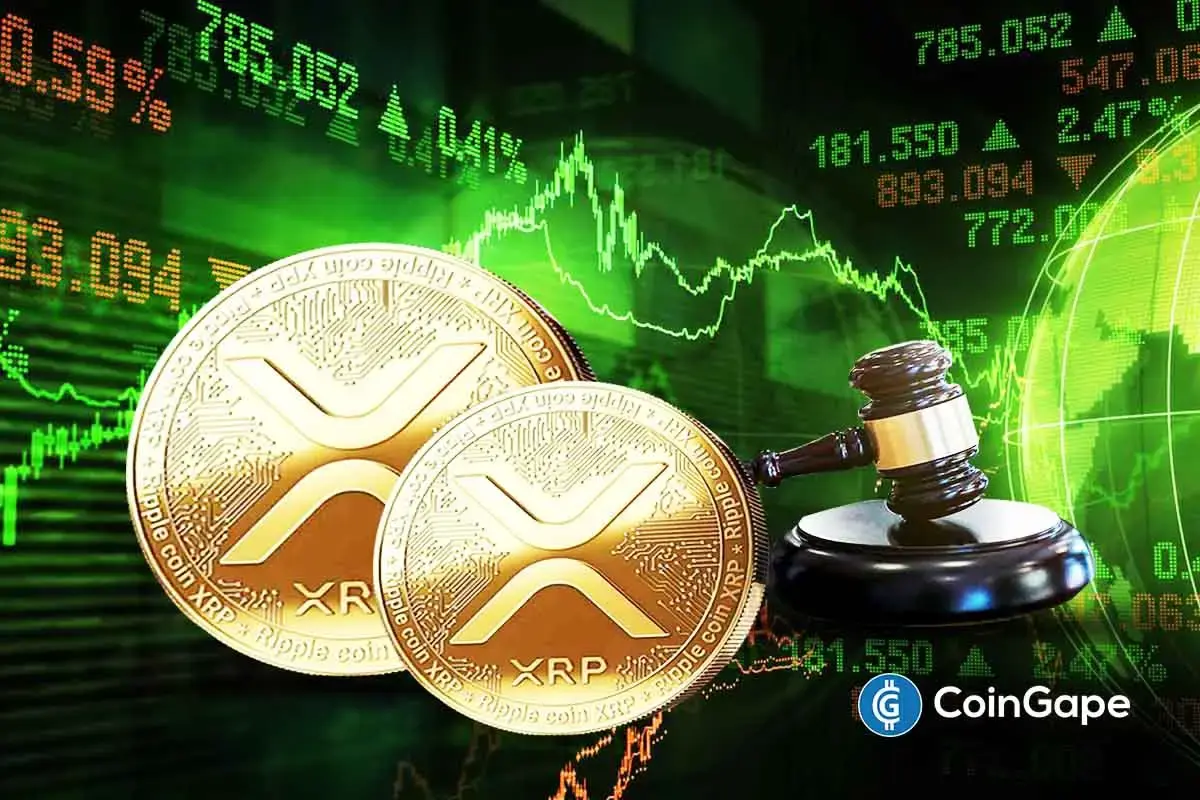XRP Lawsuit: SEC files Opposition against Ripple’s Motion to Compel pre-clearance XRP trading data

The latest development in the XRP Lawsuit saw the SEC file an opposition against Ripple’s Letter Motion to Compel SEC employees’ pre-clearance XRP trading data. This motion to compel data discovery would prove that SEC employees were permitted to trade in crypto, including XRP and other digital assets. However, in its opposition letter, the SEC argued otherwise.
#XRPCommunity #SECGov v. #Ripple #XRP The SEC has filed its Opposition to the Ripple defendants’ Motion to Compel the SEC to produce documents showing whether SEC employees were permitted to trade XRP and other digital assets. Six pages in two consecutive tweets. pic.twitter.com/gCuXeUkpOs
— James K. Filan 🇺🇸🇮🇪 (@FilanLaw) September 3, 2021
SEC states pre-clearance data’s ethical objective
The SEC has appealed the court to deny the defendant’s motion to compel discovery in its pre-clearance XRP trading dispute. The plaintiff claims that this data contains confidential financial details collected by the SEC’s Office of Ethics Counsel to ensure the employees’ compliance with the commission’s ethical norms and has nothing to do with determining if the transactions are obeying SEC’s securities laws. Furthermore, the SEC argued that Ripple’s request has a “low bar of relevance” and is an “unjustified intrusion” into SEC’s employees’ sensitive financials.
The commission reveals that the preclearance guideline specifically states that by, “clearing a request to enter into a financial transaction, it makes no determination as to whether the transaction complies with the securities laws. That express statement by the Ethics Counsel renders irrelevant the pre-clearance information Defendants seek.”
SEC highlights the regulatory “Lists”
The plaintiff has highlighted Ethics Counsels’ “Prohibited Holdings” list and “Watch List”, which are used to confirm compliance with ethical laws of the institution and henceforth bars the SEC employees from owning entities that fall under it. However, according to the data provided by the SEC, neither of these lists had XRP on them until April 13, 2018.
While the Prohibited Holdings List consists of financial products whose securities are directly banned from ownership of SEC employees, as they are regulated directly by the SEC. The plaintiff confirms that “this list never included Bitcoin, Ether, or XRP, which are alleged to be those entities.”
Additionally, the Watch List includes entities that could potentially be within the supplemental ethics guidelines, which are further put in the pre-investigation category. However, XRP was only added to this list after April 13.
- Fed’s Chris Waller Says Support For March Rate Cut Will Depend On Jobs Report
- Breaking: Tom Lee’s BitMine Adds 51,162 ETH Amid Vitalik Buterin’s Ethereum Sales
- Breaking: Michael Saylor’s Strategy Makes 100th Bitcoin Purchase, Buys 592 BTC as Market Struggles
- Satoshi-Era Whale Dumps $750M BTC as Hedge Funds Pull Out Billions in Bitcoin
- XRP Sees Largest Realized Loss Since 2022, History Points to Bullish Price Run: Report
- Top 3 Meme Coins Price Prediction As BTC Crashes Below $67k
- Top 4 Reasons Why Bitcoin Price Will Crash to $60k This Week
- COIN Stock Price Prediction: Will Coinbase Crash or Rally in Feb 2026?
- Shiba Inu Price Feb 2026: Will SHIB Rise Soon?
- Pi Network Price Prediction: How High Can Pi Coin Go?
- Dogecoin Price Prediction Feb 2026: Will DOGE Break $0.20 This month?
















